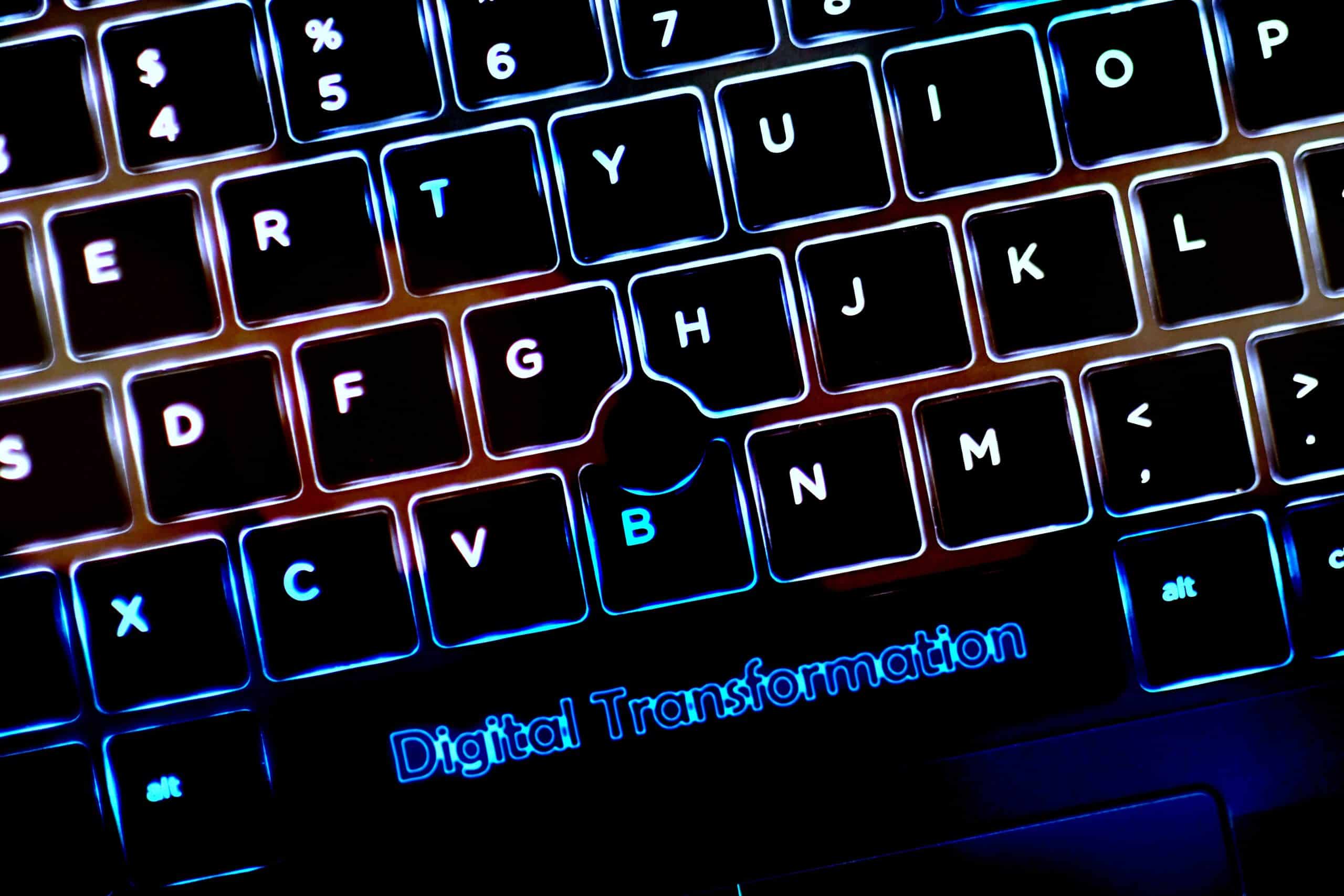How Can IoT Devices Transform Personal Finance Management?

The world of finance has been revolutionized by digital platforms and new technologies. The Internet of Things (IoT), a network of physical devices connected to the internet, is one of these technologies reshaping how we manage our personal finances. IoT not only brings real-time data and smart banking applications to the table but also enhances customer service and financial decision-making. This article delves into how IoT devices are transforming personal finance management, focusing on the banking sector, data management, customer service, financial apps, and smart devices.
IoT in the Banking Sector
The banking sector has been profoundly impacted by the advent of IoT. Digital technologies have not only made traditional banking tasks more efficient but have also introduced revolutionary ways of managing and using finances.
A découvrir également : What Advances Are There in IoT for Personal Vehicle Diagnostics?
For instance, IoT devices now enable banks to provide seamless and personalized customer service. Sensors within these devices can collect and analyze data about the customer’s banking habits, spending patterns, and preferences. This data can then be used to tailor banking services to the individual customer’s needs, making banking a more personalized and efficient experience.
More importantly, IoT devices allow banks to process transactions in real-time. Through this, you can access your banking information anytime, anywhere, using smart devices. It ensures you have up-to-date information on your financial status, allowing you to make timely financial decisions.
Dans le meme genre : What Is the Potential of IoT in Customizing Home Lighting Systems?
Data Management and IoT
IoT technologies are reshaping how financial data is collected, processed, and utilized. IoT devices can capture a wide array of data in real-time, including transactional data, customer preferences, and market trends.
This data is essential for two main reasons. First, it helps banks and financial institutions offer personalized financial services. By analyzing the data on your spending patterns, banks can offer personalized financial advice and services tailored to your needs.
Second, real-time data management can also facilitate more accurate and timely financial decision-making. For instance, market data can be analyzed in real-time to provide insights into market trends. This information can then be used to make informed investment decisions.
Enhancing Customer Service with IoT
IoT has significantly improved the level of customer service in the banking sector. Smart devices, such as smartphones and tablets, have made it possible for you to access banking services round the clock.
The data collected by IoT devices also helps in improving the customer experience. Banks can analyze this data to understand your needs and preferences better. They can then use this information to improve their services and offer more personalized solutions. For instance, if the data shows that you prefer online transactions over physical banking, the bank can enhance its online platforms to provide you with a better experience.
Furthermore, IoT devices enable banks to provide prompt customer support. For example, smart watches can send alerts about banking transactions, suspicious activities, or upcoming payments. This helps in keeping you informed about your financial status and activities.
Financial Apps and IoT
The integration of IoT with financial apps has led to the creation of smart banking. This technology allows you to manage your finances from the comfort of your home or on the go.
For example, IoT-enabled financial apps can help you track your spending and savings. You can monitor your transactions in real-time and receive notifications about any unusual activities. This not only helps in managing your finances but also enhances your financial security.
Moreover, these apps also make it easier for you to access financial services. You can apply for loans, make investments, and even conduct international transactions with a few clicks on your smart device.
Smart Devices and Personal Finance Management
The role of smart devices in personal finance management cannot be overstated. They provide a convenient and efficient way to manage your finances.
For example, smart watches and smartphones can be used to make contactless payments. This not only enhances convenience but also improves the security of your transactions.
Additionally, smart devices can also be used to access financial apps and services. This allows you to manage your finances anytime, anywhere.
In conclusion, IoT devices are transforming personal finance management in various ways. From the banking sector to customer service, data management, and financial apps, IoT is making finance more efficient, personalized, and accessible.
IoT Devices and Personalized Financial Advice
In today’s financial world, every individual has unique financial goals and needs. With the advent of IoT devices, banks and financial institutions can provide personalized financial advice to their customers. By analyzing the customer’s financial transactions, spending habits, and investment patterns, banks can provide customized financial advice that aligns with the individual’s financial goals and needs.
For instance, with IoT devices, banks can track a customer’s spending habits and provide advice on how they can save more. Similarly, by analyzing a customer’s investment pattern, banks can suggest the best investment opportunities that align with the customer’s risk tolerance and investment goals.
Moreover, IoT devices can also help customers in planning their financial future. By using the data collected from various financial transactions, IoT devices can predict future financial trends. This can help individuals in planning their investments and financial commitments well in advance.
In addition, IoT devices can also automate the financial planning process. With smart algorithms, IoT devices can analyze your financial situation and provide a customized financial plan. This makes financial planning easy and hassle-free.
Predictive analytics is another area where IoT devices can make a significant impact. By using complex algorithms and machine learning, IoT devices can predict future market trends. This can help individuals in making informed investment decisions.
The Future of IoT in Personal Finance Management
The future of personal finance management looks promising with the advent of IoT devices. The ability to collect, analyze, and use real-time data is going to transform how individuals manage their finances.
In the future, we can expect more personalized financial advice and services. With the help of IoT devices, banks and financial institutions will be able to understand their customers better. This will enable them to offer services that are tailored to the individual’s needs and preferences.
Moreover, the integration of artificial intelligence (AI) with IoT devices will further enhance the efficiency and accuracy of financial management. AI-powered IoT devices can analyze vast amounts of data quickly and accurately. This will result in more accurate financial forecasts and advice.
In addition, the advent of blockchain technology will further revolutionize personal finance management. By integrating blockchain with IoT devices, banks can offer secure and transparent financial services. This will enhance the trust and confidence of customers in digital financial services.
In conclusion, IoT devices are set to revolutionize personal finance management. With the ability to provide real-time data, personalized financial advice, and efficient financial services, IoT devices are going to transform how we manage our finances. As we move towards a more digital and connected world, the role of IoT devices in personal finance management will only increase.
